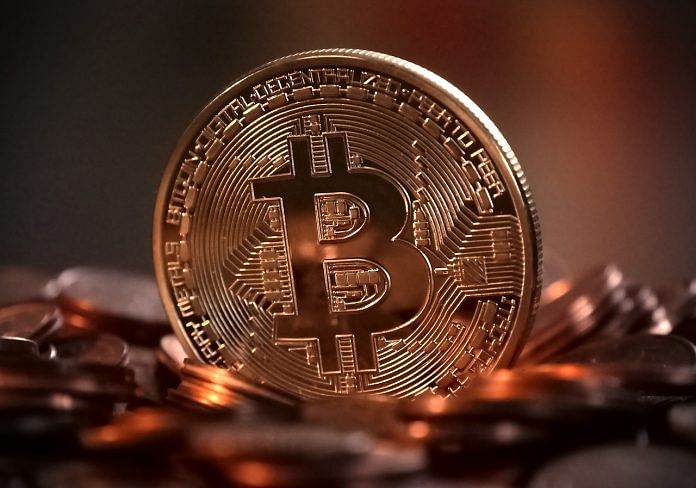Crypto dealers are trying to identify institutions out of RBI’s purview, such as post offices, where money orders can be used to send and receive funds.
New Delhi: The Reserve Bank of India’s (RBI) decision to withdraw banking support from virtual currency exchanges has failed to deter cryptocurrency dealers, whose numbers and business are continuing to grow.
The central bank had in the first week of April banned all entities it regulates from dealing with or providing services to dealers in virtual or cryptocurrencies. These are digital currencies that use encryption to regulate the generation of currency units and transfer of funds, and operate independently of countries’ central banks.
Not to be deterred, cryptocurrency dealers have gone on a hunt to identify institutions out of the RBI’s purview, such as post offices, where money orders can be used to send and receive funds.
The attempt to starve the market of liquidity has apparently failed to discourage cryptocurrency exchanges — the Blockchain Foundation of India (BFI), a lobby of 45 crypto dealers, claims that more than 30 new exchanges have applied for membership in the past two months.
What’s worse, experts say, by driving the market underground, the clampdown may encourage illegal activities such as hawala — an illegal system of remittance of funds used widely in South Asia and elsewhere — thereby fuelling the generation of black money.
Looking for alternatives
Cryptocurrency dealers have hired legal advisers and chartered accountants to help look for alternative ways of buying and selling cryptocurrencies.
“There are a few banks which are not controlled by RBI,” said Saurabh Saxena, legal adviser to more than 10 cryptocurrency dealers in India such as BuyUCoin and Wati Infotech. For instance, he said, the RBI has no control over the functioning of the State Bank of Sikkim, which is an autonomous body under the state government of Sikkim.
Cryptocurrency dealers could route transactions through such channels, Saxena said, adding, “These transactions will be considered legal and investors would pay tax and duties as per the law.”
Similarly, co-operative societies could be used to route transactions since they are out of RBI’s purview. The central bank had clarified in a December 2017 notification that cooperatives are not entitled to conduct banking business after some cooperatives were caught accepting deposits from non-members or associate members in violation of the provisions of the 1949 law. Crypto players are eyeing to cash in on these loopholes.
The cryptocurrency industry is also considering the option of creating over-the-counter markets to deal in cash instead of routing transactions through banks.
The closure of all legal avenues along with a move to cash transactions may push the business underground, experts say. It could also move the business overseas through hawala networks, as cryptocurrency investors could transfer their digital assets to international exchanges and sell the currency there.
“They can get the money back in [the] form of remittances, repatriation of funds or gifts or through various other ways which aren’t traceable,” said Pranav Bhatia, chief executive officer at Smart Blocks, an organisation involved in research, consultancy and the incubation of blockchain-based business models. “It would increase the creation of black money in the economy,” he said.
Business is burgeoning
Meanwhile, cryptocurrency businesses deny they are facing closure.
“We haven’t noticed the death of crypto players due to the clampdown,” said Manav Singhal, president of BFI who also runs a blockchain startup, Velix.ID, “The industry is still burgeoning as the momentum of requests to seek membership remains unaffected.”
Some say their businesses are actually expanding. “Betting on the attractiveness of virtual currencies in India, we are planning to launch some global products in India soon,” said Atulya Bhatt, the 21-year-old co-founder of BuyUCoin, the country’s third largest cryptocurrency dealer.
Businesses are using newer tools to attract investors, such as discounts and freebies. Coin Delta offers to deposit Rs 250 as soon as a customer opens an account. Some other companies give away recharge coupons for direct-to-home services (d2h) and e-commerce portals.
Cryptocurrenty dealers are also encouraging referral programmes that, for instance, offer more than 30 per cent commission on trading fees levied on the profits earned by the person referred.
KoinOK, another Indian exchange, offers a reward on a referral when the person referred completes trading worth Rs 10,000. It also urges users to make deposits and start trading to get a gift worth Rs 2.5 lakh, the company’s website claims.



